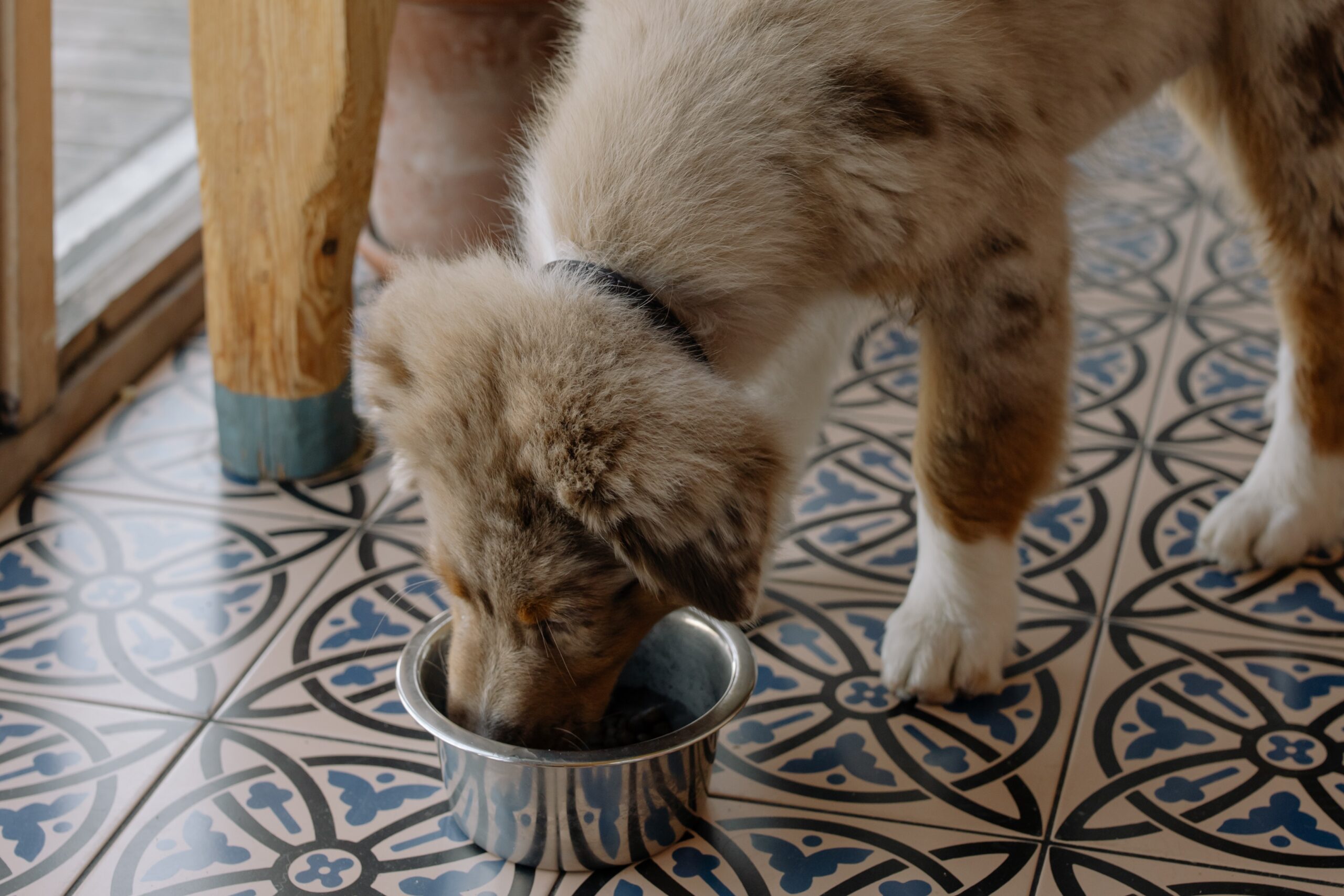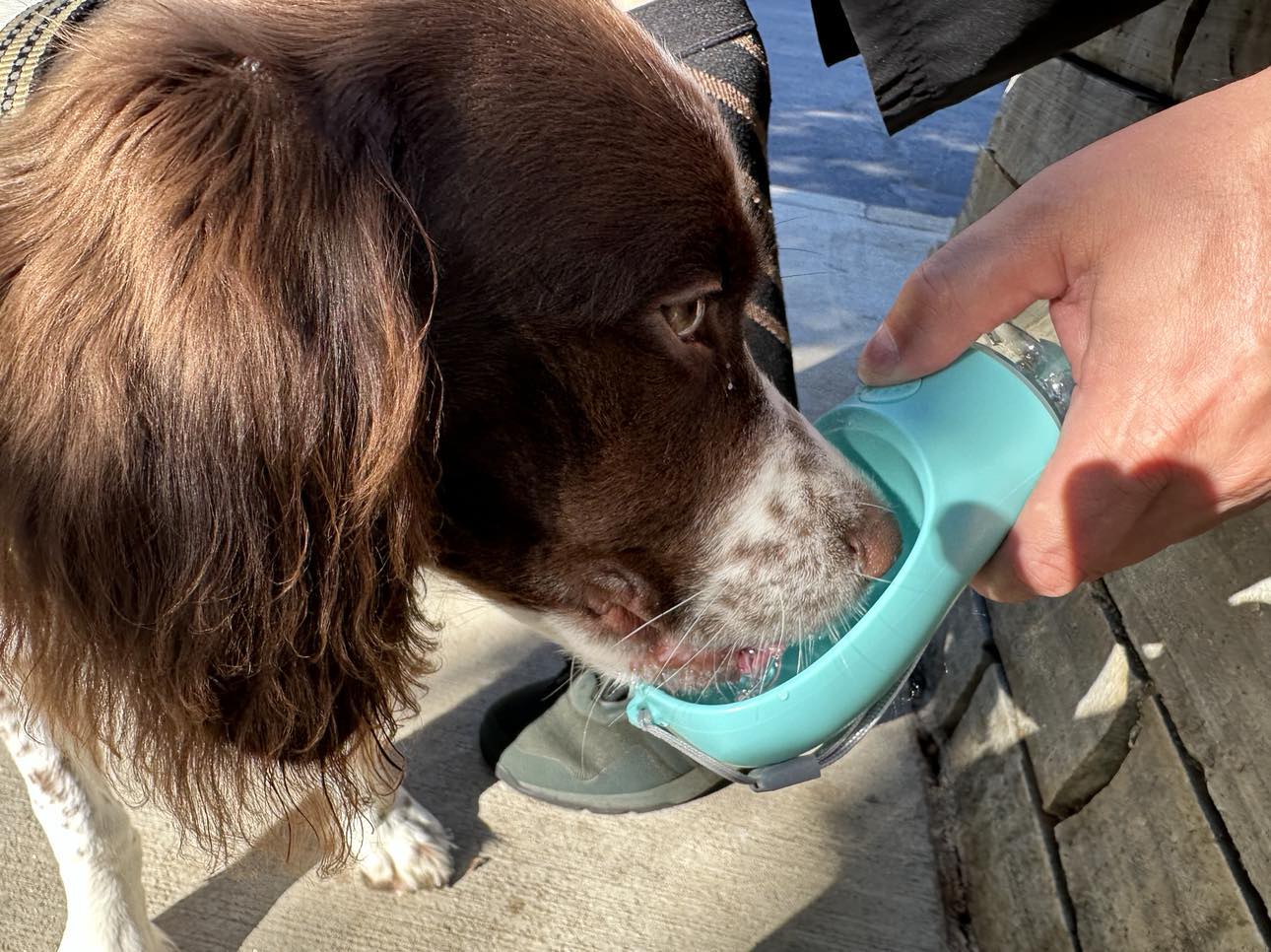Brittany Spaniels, often referred to simply as Brittanys, are energetic and versatile dogs known for their agility, intelligence, and friendly disposition. Whether you’re a proud Brittany owner or considering bringing one into your home, one of the most crucial aspects of their care is their diet. Feeding your Brittany Spaniel the right food is essential for their overall health, energy levels, and longevity. In this comprehensive guide, we’ll explore the best food options, dietary requirements, and tips for maintaining a happy and healthy Brittany Spaniel.
Understanding Your Brittany Spaniel’s Nutritional Needs
Before diving into specific food options, it’s essential to understand your Brittany Spaniel’s unique nutritional needs. These dogs are known for their active lifestyle, hunting instincts, and boundless energy, which require a well-balanced diet to support their physical and mental health. Here are some key considerations:
- Protein: Protein is a crucial component of your Brittany’s diet. They need a protein source that is both high-quality and easily digestible to maintain their lean muscle mass and provide energy. Look for dog foods that list a high-quality animal protein source (such as chicken, turkey, or fish) as the primary ingredient.
- Fats: Brittanys are known for their active nature, and fats are an excellent source of energy for them. Quality fats like omega-3 and omega-6 fatty acids support their skin and coat health while also providing the necessary energy for their active lifestyle.
- Carbohydrates: Carbohydrates can provide a steady source of energy for your Brittany, but it’s essential to choose complex carbohydrates like whole grains (rice, barley, oats) and vegetables over simple sugars. Complex carbohydrates provide sustained energy and are less likely to lead to spikes in blood sugar levels.
- Vitamins and Minerals: Ensure that your dog’s food contains essential vitamins and minerals, including vitamin A, vitamin D, calcium, and phosphorus. These nutrients are crucial for bone health, immune system function, and overall well-being.
- Fiber: Fiber aids in digestion and can help regulate your Brittany’s bowel movements. It’s especially important for dogs that may be prone to digestive issues. Look for dog foods with adequate fiber content from sources like vegetables and grains.
- Hydration: Always provide your Brittany Spaniel with access to fresh water. Staying hydrated is essential, especially for active dogs, as it helps regulate body temperature and supports various bodily functions.
Choosing the Right Food for Your Brittany Spaniel
Now that you understand the nutritional needs of your Brittany Spaniel, let’s explore the best food options available:
- Commercial Dog Food: Commercial dog food is convenient and widely available, making it a popular choice for Brittany owners. Look for high-quality brands that use real meat as the primary ingredient and avoid products with excessive fillers, artificial additives, or by-products. Opt for options labeled as “complete and balanced” to ensure your dog receives all essential nutrients.
- Grain-Free or Grain-Inclusive: There has been some debate over whether grain-free diets are suitable for dogs. While some dogs thrive on grain-free diets, others may experience adverse effects. It’s essential to monitor your Brittany’s response to different diets. Consult your veterinarian to determine whether grain-free or grain-inclusive food is best for your specific dog.
- Home-Cooked Meals: If you prefer a more hands-on approach, consider preparing homemade meals for your Brittany Spaniel. This allows you to have complete control over the ingredients and quality of the food. Ensure that the homemade diet is balanced and meets all of your dog’s nutritional requirements. Consulting a veterinary nutritionist can help you formulate a well-balanced homemade diet.
- Raw Diet: Some dog owners opt for a raw diet, also known as a “BARF” (Biologically Appropriate Raw Food) diet. A raw diet consists of raw meat, bones, and vegetables. While this diet can provide a natural source of nutrients, it requires careful planning to ensure it meets all of your dog’s nutritional needs and avoids potential health risks, such as bacterial contamination.
- Specialty Diets: In some cases, your Brittany Spaniel may have specific dietary requirements due to allergies, sensitivities, or medical conditions. In such instances, your veterinarian may recommend a specialty diet tailored to your dog’s needs. These diets can include hypoallergenic formulas or prescription diets designed to address specific health concerns.
Feeding Tips for a Happy and Healthy Brittany Spaniel
Feeding your Brittany Spaniel goes beyond choosing the right food. Here are some tips to ensure your dog remains happy and healthy:
- Portion Control: Brittany Spaniels are prone to overeating, so it’s crucial to measure their food portions carefully. Follow the feeding guidelines on the dog food packaging or consult your veterinarian to determine the appropriate portion size based on your dog’s age, weight, and activity level.
- Regular Feeding Schedule: Establish a consistent feeding schedule for your Brittany. This helps regulate their metabolism, promotes healthy digestion, and makes it easier to monitor their appetite and overall health.
- Avoid Table Scraps: Resist the urge to share your food with your Brittany Spaniel. Human food, especially items like chocolate, grapes, onions, and foods high in salt and fat, can be toxic to dogs. Stick to a balanced and appropriate dog diet to keep your pup safe.
- Treats in Moderation: While treats can be a useful tool for training and bonding with your dog, they should be given in moderation. Look for healthy, low-calorie treats or consider using small portions of their regular kibble as treats during training sessions.
- Regular Exercise: Brittanys are active dogs that require plenty of exercise to stay healthy and happy. Incorporate daily walks, playtime, and mental stimulation to keep them physically and mentally fit.
- Regular Vet Check-Ups: Schedule regular check-ups with your veterinarian to monitor your Brittany’s overall health and nutritional needs. Your vet can also advise you on any dietary adjustments needed as your dog ages or faces specific health challenges.
Conclusion
Feeding your Brittany Spaniel the right food is a crucial aspect of their care, contributing significantly to their overall health and well-being. By understanding their unique nutritional needs and selecting an appropriate diet, you can ensure that your Brittany enjoys a happy, healthy, and active life. Remember to consult your veterinarian for personalized guidance and recommendations based on your dog’s specific requirements. With the right food and care, your Brittany Spaniel can thrive and be your loyal companion for many years to come.










